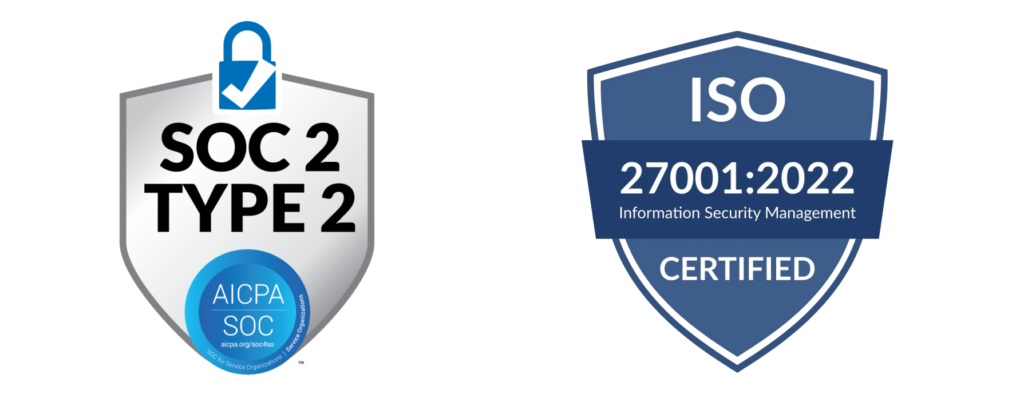Cloud infrastructure entitlements management (CIEM) is a cybersecurity practice that helps organizations manage their cloud identities and privileges, and protect their cloud resources.
Organizations use CIEM to manage their cloud identity and access management (IAM) permissions and entitlements based on the principle of least privilege – giving identities the least amount of permissions needed to do their job. This helps organizations detect risks stemming from privilege abuse, prevent unauthorized access to sensitive cloud resources, and plug security gaps in their cloud platform.
What are cloud identities and resources?
Cloud identities can include:
- Users
- Groups
- Service accounts
- Roles
Cloud resources can include:
- Identities
- Roles
- Policies
- Objects
- Services
The challenges of cloud infrastructure
Once organizations migrate systems and applications to the cloud, they rely on IAM to keep their cloud identities and resources safe. However, typical IAM solutions designed for on-site networks don’t map well to the cloud. Why?
The cloud is diverse: Cloud platforms have complex, shifting structures. They host far more tenants than typical data centers, across different hybrid and multi-cloud infrastructures. Typical IAM solutions can’t monitor access rights and privileges on this scale.
The cloud is dynamic: Users, resources, services, and APIs – often with very short lifespans – are continuously created and deleted on the cloud, and can be rapidly scaled up or down on demand. This makes it difficult to assign accurate permissions and prevent unnecessary exposure.
Security is a shared responsibility: Cloud providers are responsible for protecting the overall cloud infrastructure for their customers, such as the hardware, software, and networking services, but customers are in charge of everything that goes on inside their cloud environment, including system management, data protection, updates and patches, and IAM. Organizations facing this level of responsibility for the first time are more likely to make mistakes.
Cloud permissions aren’t universal: Each cloud provider offers its own set of authentication, authorization, and auditing features. In total, AWS, Azure, and GCP support more than 21,000 unique permissions. Though these tools and practices do similar things, they compete, overlap, and use different terminologies. This means cloud IAM permissions can’t be used in tandem, which makes it difficult for organizations using multiple cloud providers to standardize their IAM policies and track IAM permissions across the cloud.
For these reasons, it can be easy for organizations to mistakenly give excessive permissions to their cloud identities and expose security holes, which is where CIEM solutions come in.
How do CIEM solutions work?
There’s an inherent risk to cloud infrastructure as resources are exposed to multiple identities at once. This is why it’s important for CIEM solutions to provide four main things:
1. Visibility: CIEM solutions check whether cloud identities have excessive or outdated permissions and help organizations remediate them if so.
2. Least privilege: Good security hygiene means ensuring that users have the minimum privileges needed to do their job. CIEM solutions help cut the fat this way and protect cloud resources from unnecessary exposure.
3. Analytics: CIEM solutions provide continuous monitoring, reporting, and auditing features that help organizations spot risks and misconfigurations, conduct in-depth forensic investigations, and comply with regulations.
What are the benefits of CIEM?
CIEM solutions like Rezonate are a one-stop shop for managing cloud IAM permissions across multiple cloud environments. Their main role is to spot cloud identities with excessive privileges and strip them down to prevent accidental exposure to security risks.
CIEM solutions provide end-to-end visibility across cloud infrastructure and reveal the permissions, access paths, and activity patterns of cloud identities, helping organizations identify weak spots and tackle them before they lead to security risks. This, in turn, leads to better, more consistent audit trails, prevents the risks of misconfigurations, and ensures compliance across multiple cloud platforms.

